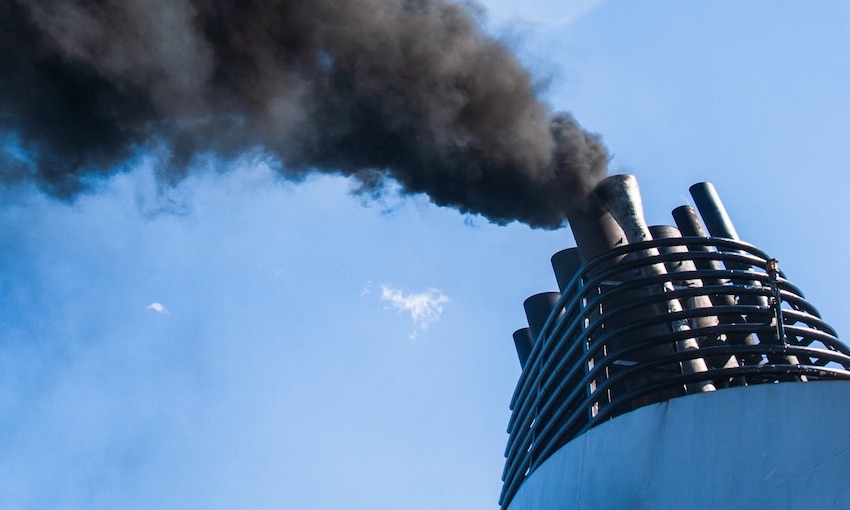THE proposal to create a US$5bn International Maritime Research and Development Board was submitted to the International Maritime Organisation on the 10 March by Georgia, Greece, Japan, Liberia, Malta, Nigeria, Palau, Singapore, and Switzerland.
Denmark now joins as a co-sponsor, and several other nations are expected to voice their support for the proposal at the next meeting of the IMO Marine Environment Protection Committee in June.
John Butler, CEO of the World Shipping Council said, “The sponsoring nations have done a very thorough job, mapping out in detail the framework required to get the R&D program up and running as quickly as possible.
“We are very pleased to see Denmark’s support, as one of the leading maritime nations.
“The IMRB is a crucial step on the path to decarbonise shipping, and we have no time to lose if we are to meet the United Nations climate goals.”
The GHG reductions required to meet the IMO’s 2050 50% reduction and zero-carbon emissions goals will only be achieved if technologies are developed that enable ships to use the zero-carbon fuels that are critical to a transition in the sector.
There are several potential solutions, but the technologies to use these fuels do not yet exist in a scale or form that can be applied to large transoceanic ships. A host of complex technical questions remain to be answered.
As previously reported in DCN, the IMRB is an IMO-supervised, industry financed, US$5bn program that will drive progress towards a zero-carbon shipping industry.
The regulatory proposal from a coalition of leading shipping nations and developing countries – Georgia, Greece, Denmark, Japan, Liberia, Malta, Nigeria, Singapore, Switzerland – includes a new draft Chapter 6 to Annex VI of the MARPOL Convention. It is also co-sponsored by all the world’s major international shipowners’ associations.
The new proposal addresses various legal operational, administrative, legal and governance aspects put forward by governments at MEPC 75.

